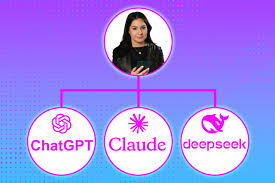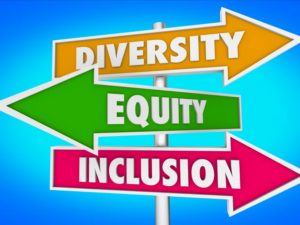The Case to Get Out of NATO Now

Trump has plans to divest the US from many global and regional alliances and organizations. On top of my list of what should on top of his list is NATO, the North Atlantic Treaty Organization. I’ve been intending to write about this for some time. Happily, I just read a piece by David Stockman that makes the case better and more persuasively than I could have.
Stockman makes four dramatic statements:
1. The Federal budget has become a self-fueling fiscal doomsday machine, even as the Fed has run out of capacity to monetize the skyrocketing public debt.
2. The only viable starting point for fiscal salvation is slashing the nation’s elephantine Warfare State by at least $500 billion per year.
3. The route to that end is a return to the “no entangling alliance” wisdom of the Founders, which means bringing the Empire Home, closing the 750 US bases abroad, scuttling much of the US Navy and Army, and withdrawing from NATO and similar lesser commitments elsewhere.
4. Jettisoning NATO requires debunking its Origins Story and the false claim that it brought peace and security to post-war America when what it actually did was transform Washington into the War Capital of the World, dominated by a panoptic complex of arms merchants, neocon warmongers, and a vast Warfare State nomenklatura.
Read the whole thing here.
ChatGPT vs. Claude vs. DeepSeek

I have an aversion to reading instructions. Always have. I ascribe it to my undiagnosed ADD + dyslexia. Whatever the cause, I have an increasingly tough time initiating projects that require me to subject my brain to the tedium of reading about the mechanics first. I’d rather focus on the benefits and the outcome.
This resistance applies to projects regardless of whether they are trivial or important (such as assembling an electronic boat for a grandchild). Recently, however, I’ve been dipping my toes into the wonderful world of AI – looking for instructions on how to use it for the research, note-taking, and analysis needed for my writing. And the results have been impressive and encouraging.
I started by reading up on ChatGPT. But while doing that, I also found out about Claude (which I’m told is better for writing) and DeepSeek, which is said to be one level beyond the other two. Unsure which one would be best for my purposes, I was happy to find this introductory piece that outlines the characteristics and benefits of each. If you are in my boat relative to AI, you will find it helpful.
Who Will Save the Dems in 2028?

Did you see the essay in The Washington Post titled “The 12 Democrats who make the most sense for 2028?” I did, and I had the same reaction Matt Taibbi had in his 1/29 blog post. He said, “I thought it was a joke, maybe a guest column from Dave Barry…” Check it out here.
Can We Say Goodbye to DEI?

In the Dec. 27 issue, I speculated about the impact Trump’s election will have on American business and culture. My primary thesis is that it may put an end to some of the bad ideas about social justice that been embraced by academia, the mainstream media, government, and even many Fortune 500 companies. Among the worst of those ideas was DEI (diversity, equity, and inclusion) – the idea that American businesses and public institutions would work better if they made their employment decisions on identity issues (i.e., based on race, ethnicity, and sexual orientation).
There have been dozens of articles and essays published since Trump was elected in November suggesting that even before the election, DEI was a failed idea. This is one of them.
How Corn Syrup Took Over America

The widespread use of high-fructose corn syrup in processed foods stems from its cost-effectiveness and versatility, bolstered by a corn lobby that has poured billions into influencing policy and securing subsidies, despite growing health concerns.
This is a story RFK Jr. could have written himself. But he didn’t – so I’m recommending it to you.
